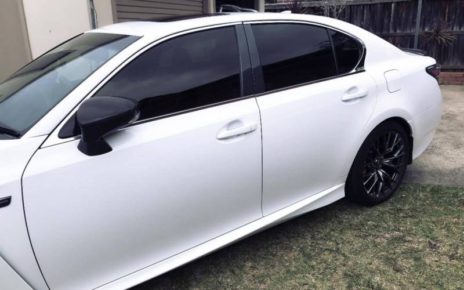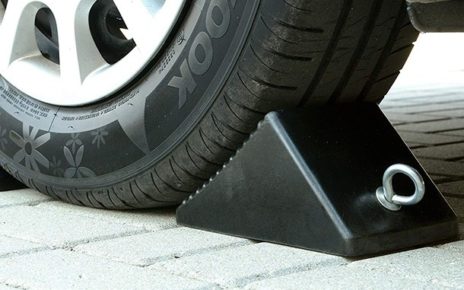by Alek Sabin
People are inherently distrusting of mechanics. Many feel that any recommendation that a mechanic makes is simply a way to jack up prices for unnecessary labor and parts. Part of this is because it’s so easy to use fear and misunderstanding when it comes to people’s vehicles. After all, if your engine is stalling, you’re assuredly going to take most any advice on how to fix it. However, this is an unfair judgment across a profession that supports tons of honest laborers (and, sure, a few charlatans as well). The key is to be smart about who you are working with and to ask questions that help you find the right mechanic to do business with.
Here are some questions that you should ask any mechanic before you start working with them:
The Question to Ask: What are your Credentials?
The Answer You’re Looking For:
Shops that have received an acknowledgement by the Automotive Service Association (ASA) have a running track record of good service. The ASA performs shop inspections as well and awards a blue and red sticker to shops that pass muster. Think twice about a shop not displaying this badge.
Individual mechanics within the shop should be ASE certified (Automotive Service Excellence) with at least the head mechanic being certified as an ASE Master Tech. Mechanics must pass a series of tests, and keep up with continuing education to maintain this status. There should be a plaque in the office and patches on the uniforms of the mechanics who hold this certification. If you don’t see evidence of either of these certifications, ask the owner about them.
The Question to Ask: Do You Warranty Your Work?
The Answer You’re Looking For:
Obtaining a warranty for work done on your car ensures that you won’t have to pay for the same repair again in a couple of weeks and that the mechanics will fix the right problem the first time around. Minor repairs should come with a 90-day warranty, and larger repairs to the engine and drive train should come with a 6-12 month warranty. Be sure to ask about limitations and exceptions to your warranty, especially for costly repairs.
The Question to Ask: Will My Invoice Be Itemized?
The Answer You’re Looking For:
Yes, of course! This is really the only answer you want to hear this question. You need to be able to see how much you’re spending on labor, how much you’re spending on parts, and what additional fees and services are being included in your bill. Any honest mechanic will be happy to give you this information.
The Question to Ask: What’s Your Specialty?
The Answer You’re Looking For:
Many garages will take on any work, but specialize in a certain make of car, or a certain type of repair. Make sure you’ve got the right guy for the job by simply asking what his specialty is.
The Question to Ask: Where Do Your Parts Come From?
The Answer You’re Looking For:
Mechanics shops will use new parts, used parts or a combination of both to complete your repairs. Used parts that are still in good shape can save you some money, but you don’t want to be paying new prices for used parts. Ask your mechanic where the parts for your repair will be coming from, and make sure he bills accordingly.
The Question to Ask: What are Your Additional Services and Fees?
The Answer You’re Looking For:
Oil disposal fees, recycling fees, and parts costs are just a few examples of extras that may be included in your bill. It’s common to have extra fees included, but your mechanic should be able to tell you upfront what the fees will be, and how much they will cost you. Don’t forget to ask if they provide you with a courtesy car or any other additional services you may need as well.
In addition to getting satisfactory answers to these questions, always use a mechanic who comes with a good referral, and who checks out on online review boards, such as Yelp and the BBB forums.





